Java Top 10 LibrariesJava is one of the most popular programming languages. Java provides a rich set of libraries, and its standard Java library is a very powerful that contains libraries such as java.lang, java.util, and java.math, etc. Java provides more than thousands of libraries except standard libraries. Some of the most useful and popular libraries are as follows:
Let's understand each of the libraries one by one: Java Standard Library
Java Standard Library is one of the most popular and used libraries, which contains a list of libraries to make work easier. These libraries are called at run time by JVM(Java Virtual Machine). It provides the following libraries:
Apache Commons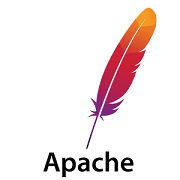
Apache Commons is another library or can say it is an open-source project which focuses on all aspects of reusable Java components. It has three parts such as Commons Proper, Commons Sandbox, and Commons Dormant.
The Apache Commons has the following features:
Jackson Libraries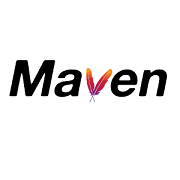
In Java, we need to work with data of different types of formats. In software development, we have to save, load, and transfer data into various formats. The JSON format is one of the formats which is mostly used in software development. Besides JSON, there are many more data formats such as CSV, XML, BSON, and Avro. Jackson library is basically a suite of data processing libraries. The Jackson JSON library is a parser/generator library for transferring a .class file into a JSON format or JSON string. The Java Jackson library provides data binding and annotations, which can convert POJO objects into data or generate POJO from data. Maven Libraries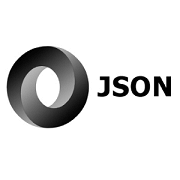
Just like Apache Commons, Maven is also provided by the Apache. It is a comprehensive tool that is based on the project object model. By using Maven, we can build java web and desktop applications. Maven is a repository that manages configurations, documentation, build configuration, and dependency by specifying them in the pom.xml file. Maven helps us to add a set of jar files in each project, create the right project structure and build and deploy the project. In order to learn more about Maven, visit https://www.javatpoint.com/maven-tutorial. Google-jsonGoogle-json is similar to Jackson, which is mainly used to convert Java Objects to JSON and vice versa. We need to convert the Java object into JSON and other formats when developing mobile applications and writing and using Rest APIs in Java applications. It provides methods such as toJson() and fromJson() for converting objects into JSON and vice versa. It has extensive support of Java generics and provides custom representations for objects. We can convert the pre-existing unmodifiable objects into JSON or can form them and generate them from the JSON by using the Google-json library. Log5j and Slf4j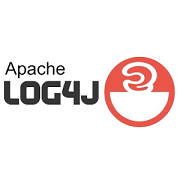
Log5j is one of the light-weighted and fast logging libraries in Java. This library is available in Java5 or higher versions. Log5j is an advanced version of Log4j. In terms of style, it is similar to the Log4j, but it uses the varargs feature of Java which Log4j doesn't use. The varargs feature allows us to pass any number of arguments to any logging method. Log5j also provides methods such as debugf, errorf, fatalf, logf, and tracef, which allow dynamic formatting of logging methods. These methods are very efficient when messages are not logged. 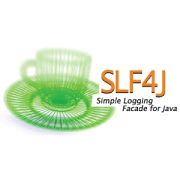
Slf4j stands for Simple Logging Facade for Java. It works as a simple facade or abstraction for various logging frameworks, which allows the end-user to plug in the desired logging framework at deployment time. In order to migrate the Java source code with Slf4j, there are several migration tools available in the market which easily migrate our projects to use the Slf4j API. JUnit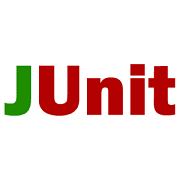
Junit is one of the most important Java frameworks for writing unit tests. Nobody wants to write the code without producing tests. Everyone includes JUnit in their projects without starting code in Java. JUnit library allows developers to write tests for our code. It provides annotations and asserts classes for writing tests in Java. In order to learn more about JUnit, visit https://www.javatpoint.com/junit-tutorial. Google GuavaGoogle Guava is another open-source project which Google initially developed, and many engineers from outside Google contributed. It contains all the essential collections, utilities, concurrency, string manipulation, and many more. In comparison to the Apache Commons library, it is very simple and has a very good design. Google Guava plays an important role in creating shared library and utility classes. The main features of Google Guava are I/O utilities, string utilities, hashing, the extension of the Java collection framework, and caching. JAXB library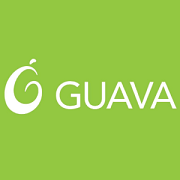
Just like JSON, XML is another most important data format used for storage, validation, and transportation of data. In order to work with XML data in Java8, the Java Standard library has support for XML. In Java9, the XML support is removed from the Java Standard library and moved into a new library called the JAXB library. The main features of JAXB are annotation-based Java-to-XML data binding, validation, and support for all W3C XML Schema features. HTTP Libraries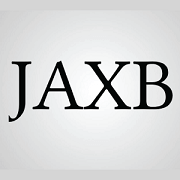
JDK doesn't support HTTP requests. In order to implement an HTTP connection, we have to use classes available in the java.net package. Using third-party libraries such as Apache HttpClient and HttpCore is not so easy to use. JDK 9 version provides support of HTTP 2.0. We can also use Apache libraries such as HttpClient, HttpCode, and HttpAsyncClient. We suggest all the developers to get complete knowledge of these libraries before using them in the code.
Next TopicMethod Hiding in Java
|
 For Videos Join Our Youtube Channel: Join Now
For Videos Join Our Youtube Channel: Join Now
Feedback
- Send your Feedback to [email protected]
Help Others, Please Share









